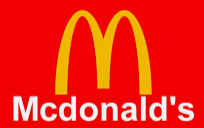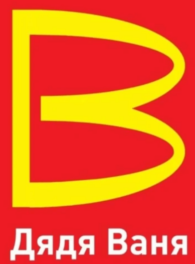You may have heard or seen recent media coverage regarding a decision by the Russian government that Russian companies are no longer obliged to compensate owners of patent and design rights where the owners are from ‘unfriendly countries’. Similarly, with the withdrawal of McDonalds from Russia, a fast food chain called ‘Uncle Vanya’ is poised to takeover not only the premises of McDonalds’ restaurants in Russia, but has also applied to register the Cyrillic letter ‘B’ (the equivalent of the Roman ‘V’ for ‘Vanya’) in a style highly reminiscent of the McDonalds ‘Golden Arches’ ‘M’.
 |
 |
These steps are being taken in retaliation to sanctions imposed on Russia in response to its unprovoked invasion of Ukraine, but the appropriation of IP rights of nationals of enemy states is nothing new.
The BAYER trade mark was originally owned by a German chemical and pharmaceutical company. During the First World War, assets of the German company in the USA and UK were taken over by local companies under legislation in each country directed at their enemies, including Germany. Some of the German company trade marks were returned to it after the Treaty of Versailles, but others remained in the hands of Sterling Products Inc., a US company.
Bayer Germany and Sterling reached an agreement under which Bayer Germany would not trade in certain countries, including Australia, and Sterling agreed to set up a UK subsidiary, Bayer Products Limited, which would trade with Bayer Germany and supply the UK and Australia with BAYER products. The products were sold in Australia through local Bayer subsidiaries, including Bayer Pharma Pty Ltd, which distributed the products from 1936.
With the advent of the Second World War, German interests in Bayer Pharma passed to the Controller of Enemy Property, and Sterling supplied Bayer Pharma with stock from the USA or the UK. Relevant BAYER trade marks continued to appear on the goods.
After the Second World War ended, Bayer Pharma applied to register a logo form of the BAYER mark which had originally been developed by Bayer Germany. Bayer Germany opposed the application, and the case was eventually appealed all the way to the Australian High Court. The Court found that although Bayer Pharma had obtained goods from Sterling during the war, it had continued to rely upon the reputation of Bayer Germany and its laboratories, so the use of the mark by the distributor on its own account would be likely to deceive. Bayer Germany was ultimately successful in preventing registration of its mark by its former Australian distributor.
A significant difference in the present situation is that Russia is not at war with the ‘unfriendly countries’ from which rights are being appropriated. However, given that Russia also claims it is not ‘at war’ with Ukraine, just conducting a ‘special military operation’, the distinction is undoubtably moot. It remains to be seen, once the current war in Ukraine is ended, whether Russian courts will eventually make similar findings to the High Court, restoring rights to the current owners.

